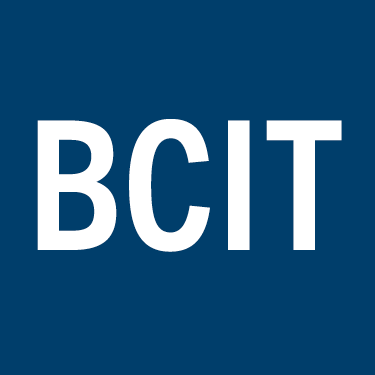Based on the seven HACCP Principles, you are taken step-by-step through the development of a HACCP Plan for your preventive control plan by engaging in a case study. The four preliminary steps to HACCP, including developing a product description and process flow diagram will be examined.

Course details
Based on the seven HACCP Principles, you are taken step-by-step through the development of a HACCP Plan for your preventive control plan by engaging in a case study. The four preliminary steps to HACCP, including developing a product description and process flow diagram will be examined. A risk-based approach is used to conduct the Hazard Analysis (HA), and to determine the Critical Control Points (CCPs).
Critical Limits, Monitoring, Deviations and Corrective Actions, and Verification are explored through the development of Standard Operating Procedures. Implementation and maintenance of HACCP Programs are also addressed.
BCIT issues a badge once you successfully complete this course with a grade of 70%. If you also completed XFOD 1179 Preventive Controls for Preventive Control Plans, you will receive the microcredential: Developing Preventive Controls and HACCP Plans. This badge can also be applied to the Food Safety Associate Certificate. ?
Since 1964, the British Columbia Institute of Technology (BCIT) has taught and trained experts, professionals, and innovators who shape our economy—across BC and around the world. We are proud to deliver an education that goes beyond textbooks and classrooms.
Our students gain the technical skills, real-world experience, and problem-solving ability needed to embrace complexity and lead innovation in a rapidly changing workforce.
Through close collaboration with industry, our network of alumni and partners continue to achieve global success. Our leadership empowers our people and guides us toward our goals.
We have a shared vision:
A strategy to drive us from our origins through to the future. The decisions we make and policies we implement help us achieve this vision.
© 2025 coursetakers.com All Rights Reserved. Terms and Conditions of use | Privacy Policy